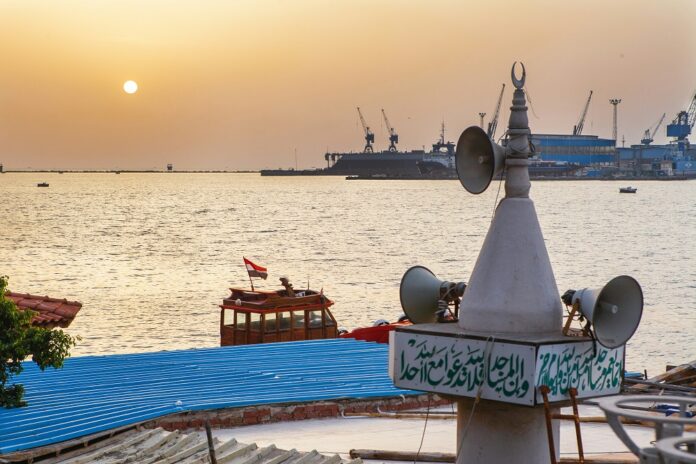The ongoing conflict between the Saudi-led coalition and the Houthi rebels has led to an increase in tensions in the Middle East, especially in Yemen. As part of their strategy, the Houthi rebels, who are supported by Iran, have regularly targeted ships in the area, including oil tankers.
China has become one of Russia’s most important trading partners, and the country continues to play a major role in the world market for crude oil exports.
The USNI News reported that the Houthis fired five anti-ship ballistic missiles at the Chinese-owned oil tanker, MV Huang Pu, on Saturday. The ship, which was flying the Panamanian flag, was hit by one missile but only slightly damaged. A distress call was placed, but no help was asked for. A small fire on board was successfully put out by the crew.
Bloomberg wrote, that “U.S. later engaged six Houthi unmanned drones over the southern Red Sea. Five crashed into the Red Sea, and one flew inland into Houthi-controlled areas of Yemen.”
Despite the intensity of the attack, the tanker managed to withstand the assault, sustaining no considerable damage. However, reports indicate that a fire did break out onboard the vessel. Remarkably, the crew successfully contained the fire, allowing the ship to continue its course uninterrupted.
As tensions persist in the Middle East, stakeholders in the energy sector remain vigilant, closely monitoring developments that could potentially disrupt oil shipments and affect market dynamics. The incident involving the Chinese-owned tanker serves as a timely reminder of the geopolitical complexities that continue to shape the global energy landscape.



